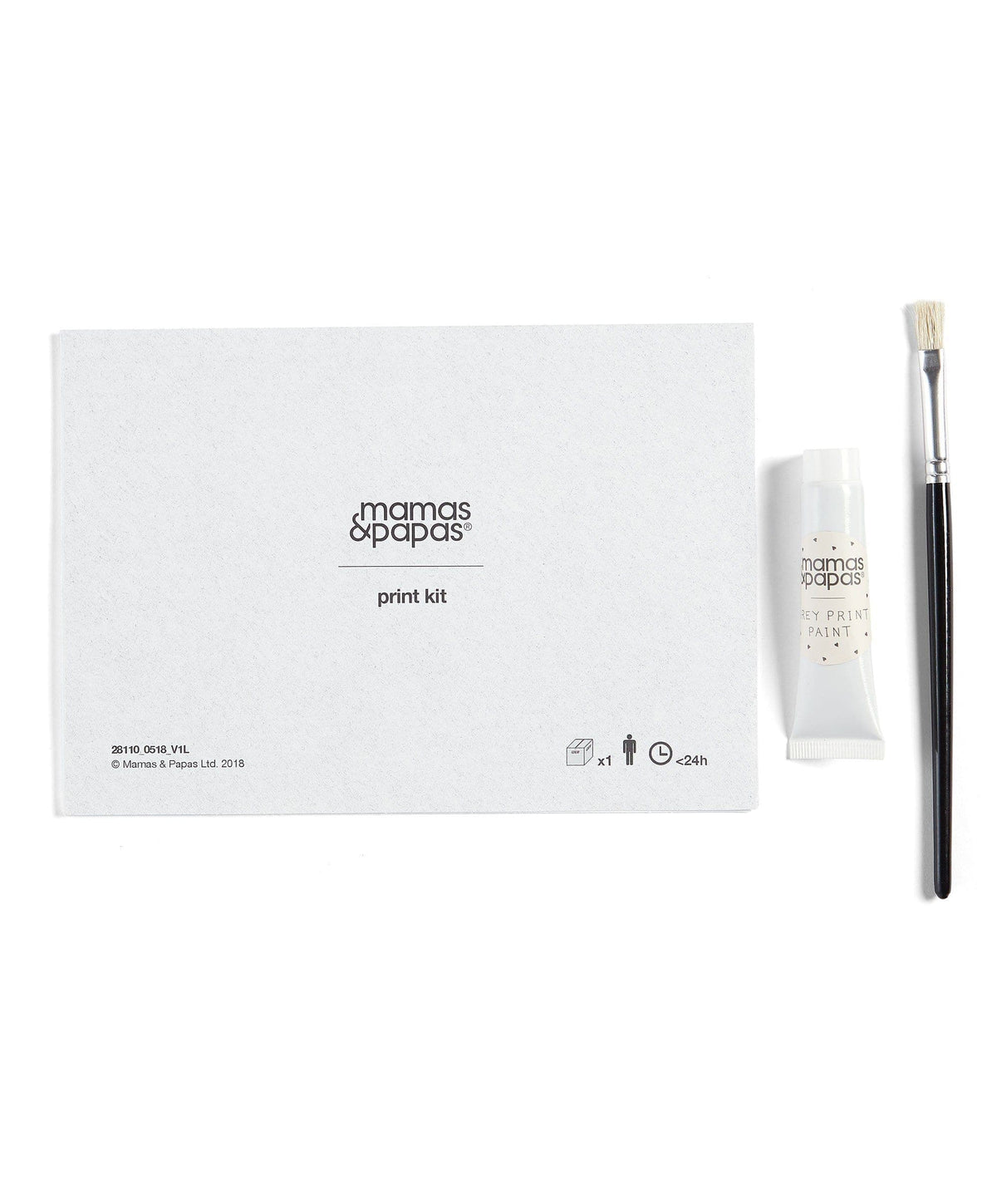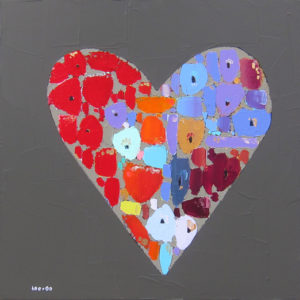

Pronounced like: kimiwo aishiteiru (anatawo aishiteimasu). Sounds like: main tuhanoon payar karadaa (karadi) haan.

Pronounced like: mein tumse pyaar karta hoon. To pronounce this, you say: ani ohev otakh. Like Arabic, Hebrew is written from right to left. Pronounced like: hun tane prem karu chhu. If you can’t read Mkhedruli, then to say ‘I love you’ in Georgian, you say: mikvarkhar. The standard script used to write modern Georgian is called Mkhedruli, though there are two other scripts – Asomtavruli and Nuskhuri – that are used by the Georgian Orthodox Church. How Cockney do you think you can sound? Esperanto Okay, so you probably knew this one, but we’ve got seven varieties of English on our app, which means even different accents for you to try. Egyptian ArabicĬan’t read Arabic script yet? No worries this sounds like: bahebak. These characters are pronounced: ngo ngoi nei. Looking to learn some Canadian French? We’ve got a post for you, all about the best resources to learn Quebecois! Cantonese If you can’t read the Burmese alphabet, you just need to say: chit te. Learn more about Breton, one of the newest languages on our app, here. Azerbaijaniīelarusian uses the Cyrillic script pronounce it like: ya tsyabye kakhayu. That’s in the Assamese script, but you pronounce it like this: moi tumak bhal pau. Ancient Greekĭid you know that Ancient Greek philosophy differentiated between many different types of love? These included: agápe (brotherly love, charity the love of God for man and of man for God), éros (love, mostly of sexual passion), philía (affectionate regard or friendship, usually between equals), philautia (self-love), storgē (love and affection, especially for parents or children), and xenia (an ancient Greek concept of hospitality, sometimes translated as ‘guest-friendship’ or ‘ritualised friendship’). In case you can’t read fidäl, that’s: afekershalehu (afekerehalehu). How do you say ‘I love you’ in… Afrikaans This entry was posted in Translation and tagged hubb, love, love in Arabic, lust, passion, Translation by ArabicGenie. Image credit for picture on top: Gregory Jordan If you know any other words that have an interesting nuance, please let me know in the comments. There are, of course, many more words that all express the concept of love in Arabic, but I believe that the terms presented here are the most common ones. Yearning, craving, desire, wild affection The Hans Wehr dictionary suitably translates it as “amorous rapture”.Ī few more words to express “love” in Arabic: وجد (wajd) This is the kind of love that drives you mad.

Similarly to shaghaf, ولع (wala3) means “passionate love” or “ardent desire” from the root meaning of “to catch fire”. In other words, love that sweeps you from your feet. Fun fact: the root هوى can have the meaning of “to drop down, fall down, or to swoop down”. This is yet another concept of love, often used in the sense of “longing” or “desire”. the adjectives شغوف (shaghoof) or مشغوف (mashghoof) translate as “to be madly in love”. Sometimes this term is used to refer to infatuation or the state of being madly in love. The term شغف (shaghaf) can best be thought of as “passion”, but it can also mean sensual desire (i.e. The word عشق (‘ishq) is another common word, but with a more restricted meaning of “passionate love” and is generally reserved to refer to love in a romantic relationship (as opposed to brotherly love). “Faith, hope, love, but the greatest of these is love”: Note that these words are also sometimes used to address a friend or relative and do not necessarily imply a romantic relationship.Īlthough محبة (maHabba) can be used to refer to romantic love, it more commonly means brotherly love or compassionate love, for instance in the following quote from Corinthians in the Bible: The words حبيبي (Habeebi) (m.) and حبيبتي (Habeebati) (f.) are very common expressions that mean “beloved” or “darling” for a man or a woman respectively. I love you (addressing a group of three or more individuals): أحبّكم (uHibbukum) I love you (addressing a man): أحبّك (uHibbuka) I love you (addressing a woman): أحبّك (uHibbuki) The verb corresponding to this noun is أحبّ (aHabba) and is used in the following way:


 0 kommentar(er)
0 kommentar(er)
